On Sunday, April 3, 1921, Naoki Sugita, M.D. contributed to the Tokyo Nichinichi Shimbun regarding the issue of prostitution. He demanded a ban on human trafficking and other human rights violations. He also calls for the graceful and elegant qualities of women and the cultivation of their artistic and personal qualities, as was once the case in the heyday of the Yoshiwara brothel.
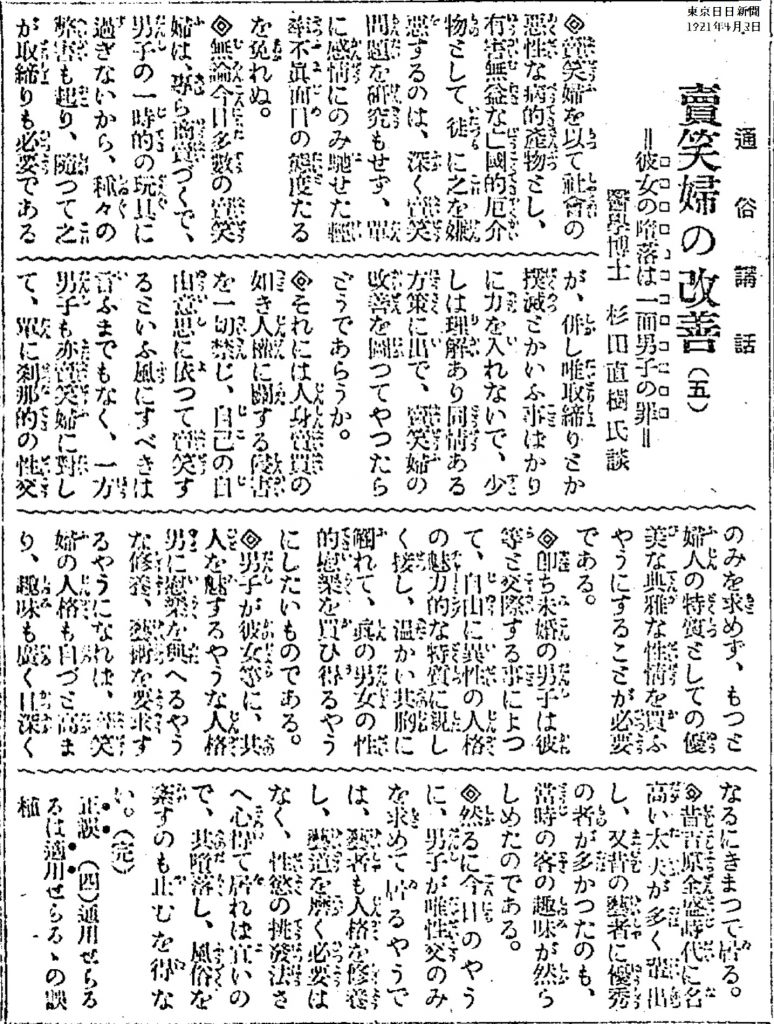
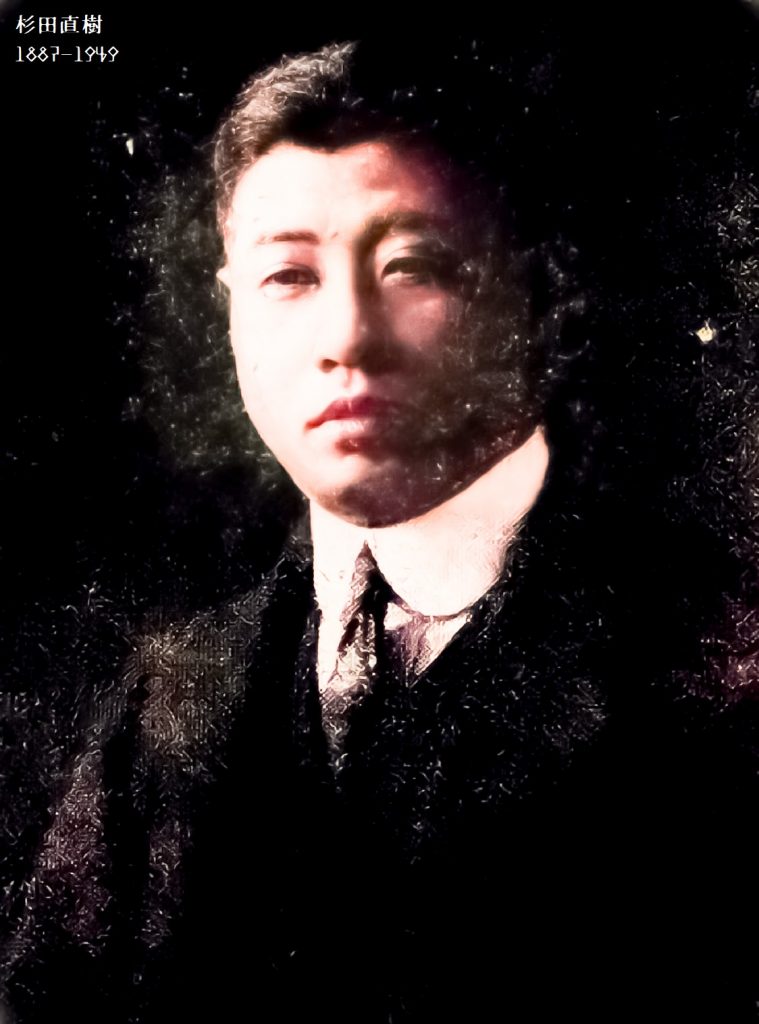
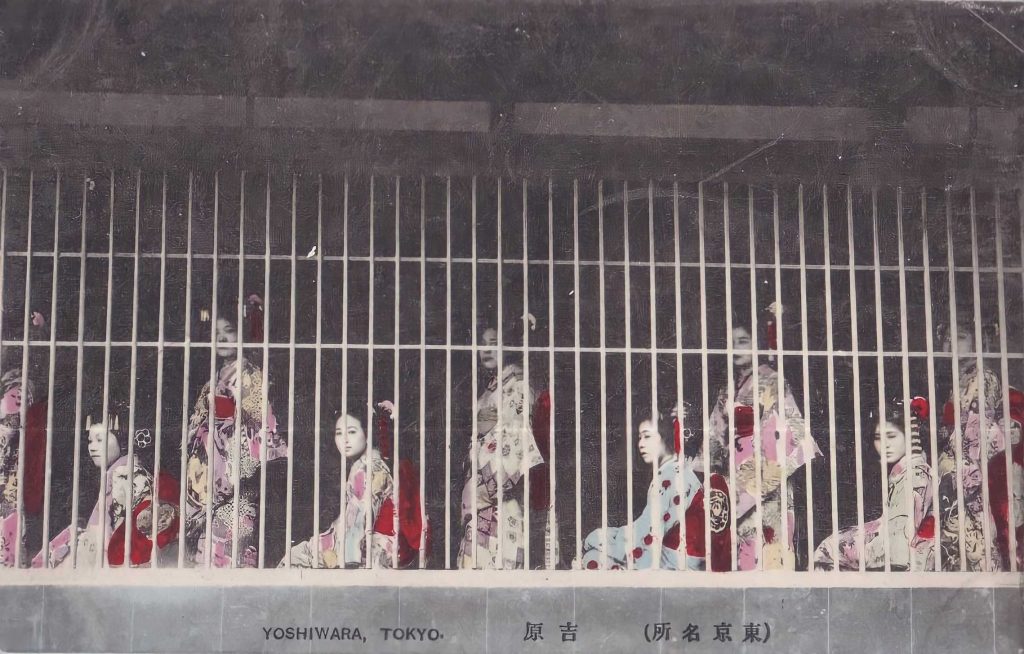
In the Taisho era, people’s awareness of human rights increased, and women’s political movements became more active. In the Taisho era, the awareness of human rights among the people increased and women’s political movements became more active, including the abolition of Naniwa brothel in Osaka, opposition to the Yoshiwara prostitutes, and opposition to the establishment of Tobita brothel in Osaka. However, the enactment of the Anti-Prostitution Law had to wait until 1956 after the war.
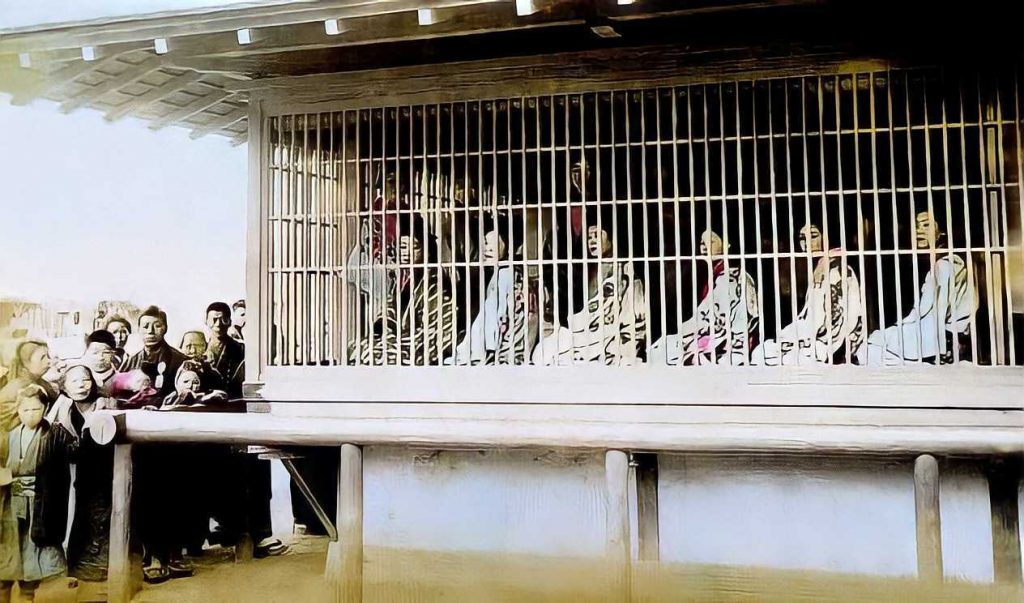
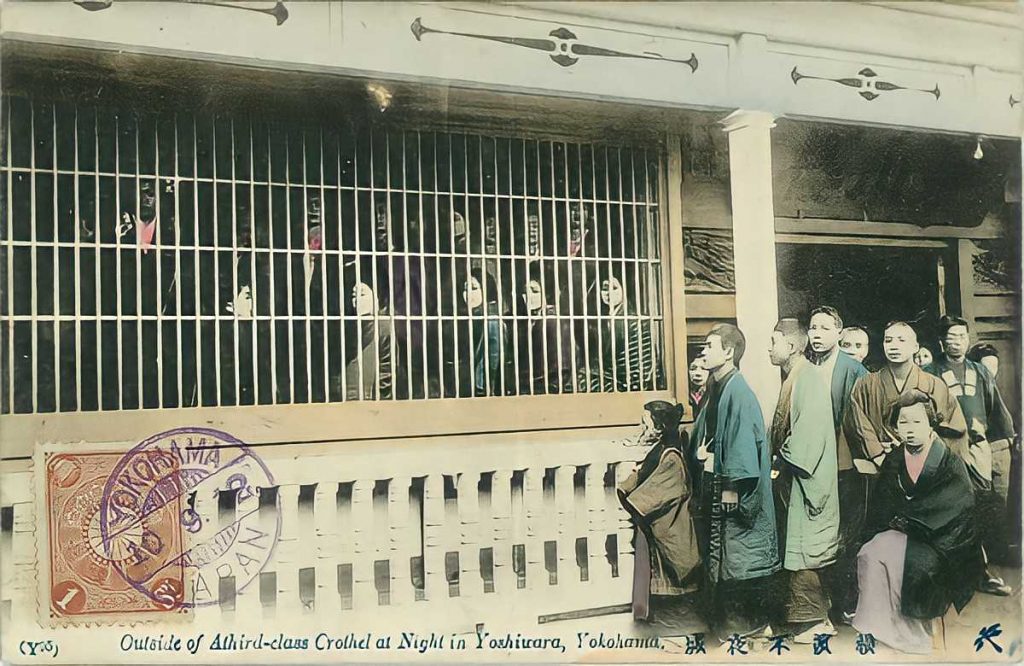
Sumiko Sekiguchi, “The Political Process of the Public Prostitution System in Modern Japan: The Battle over the ‘New Man’,” in Toyotoshi Sasagi, Toshiko Kishida, and Kikuei Yamakawa, Hakusawa Publishing, 2016.

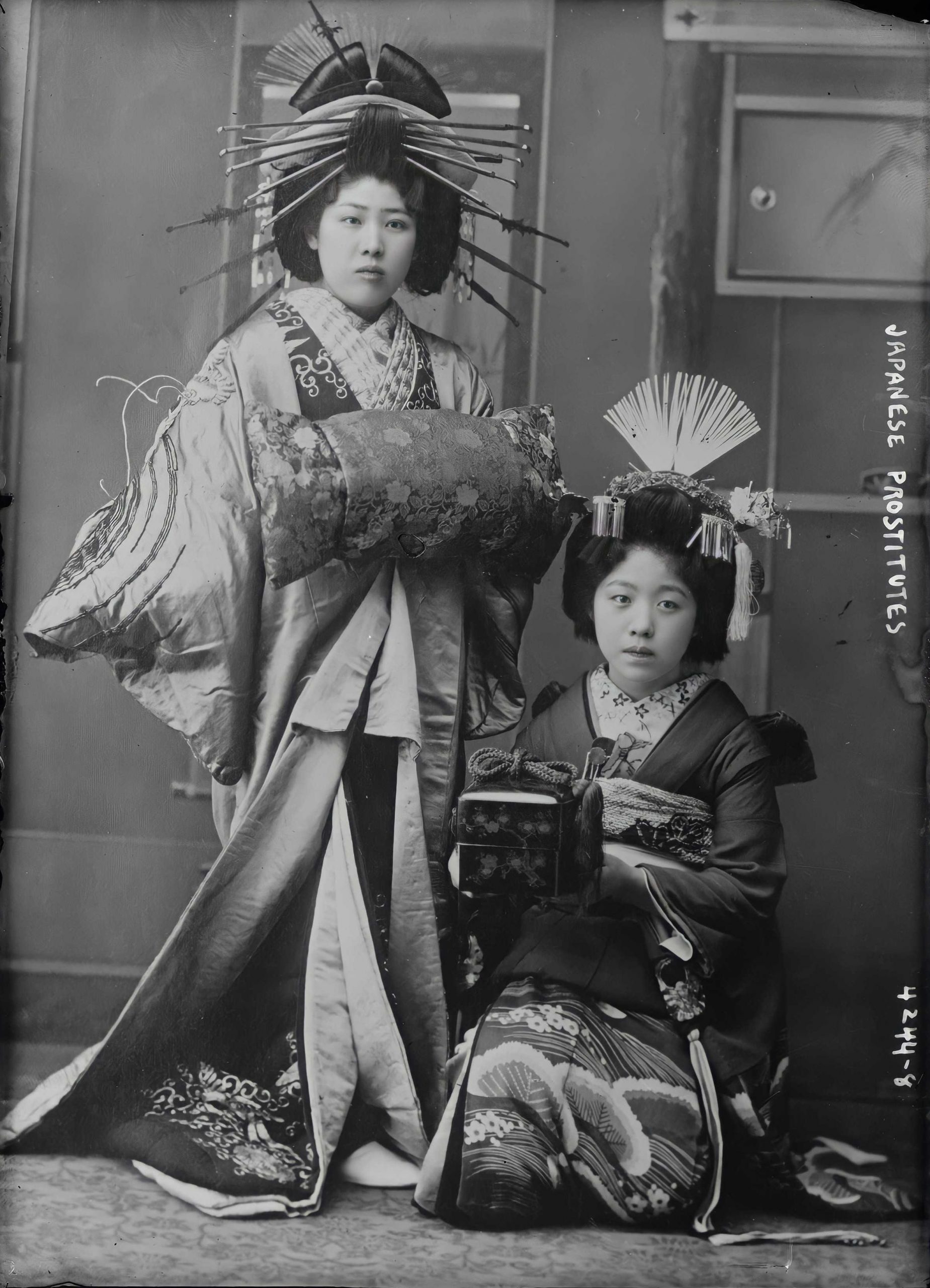


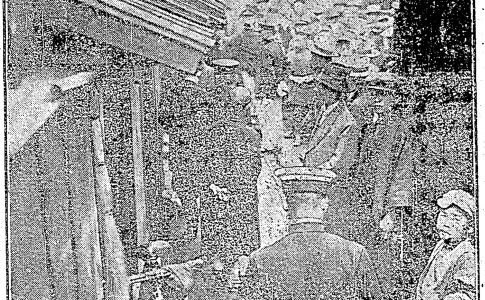
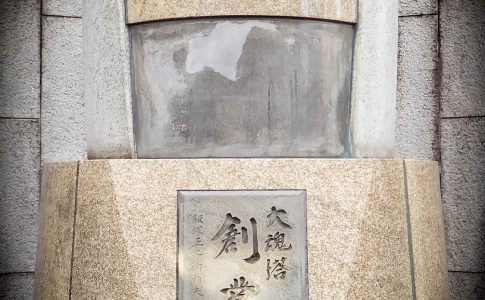
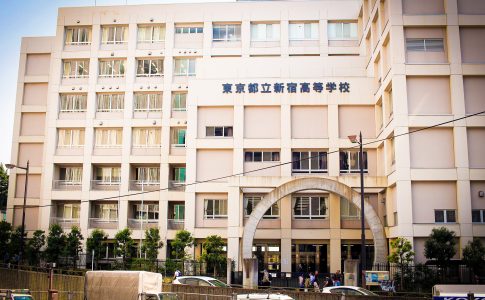

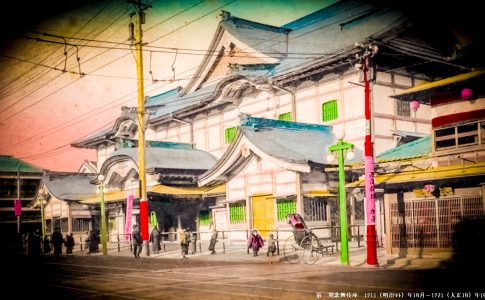
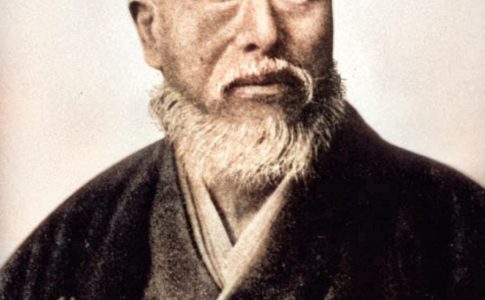
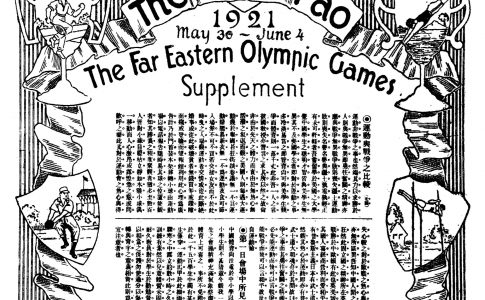
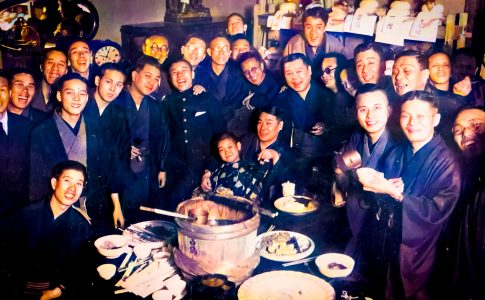
Leave a Reply